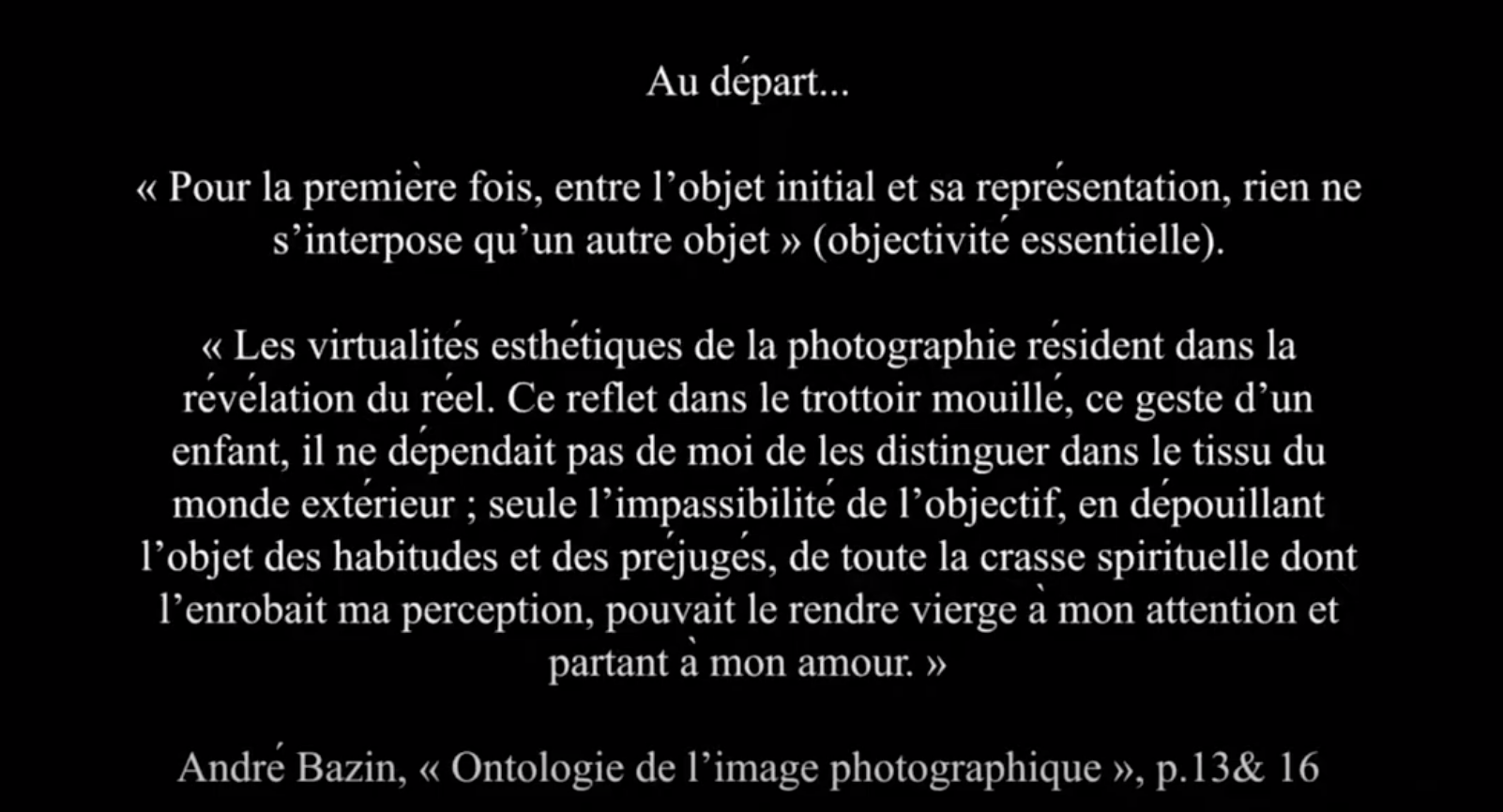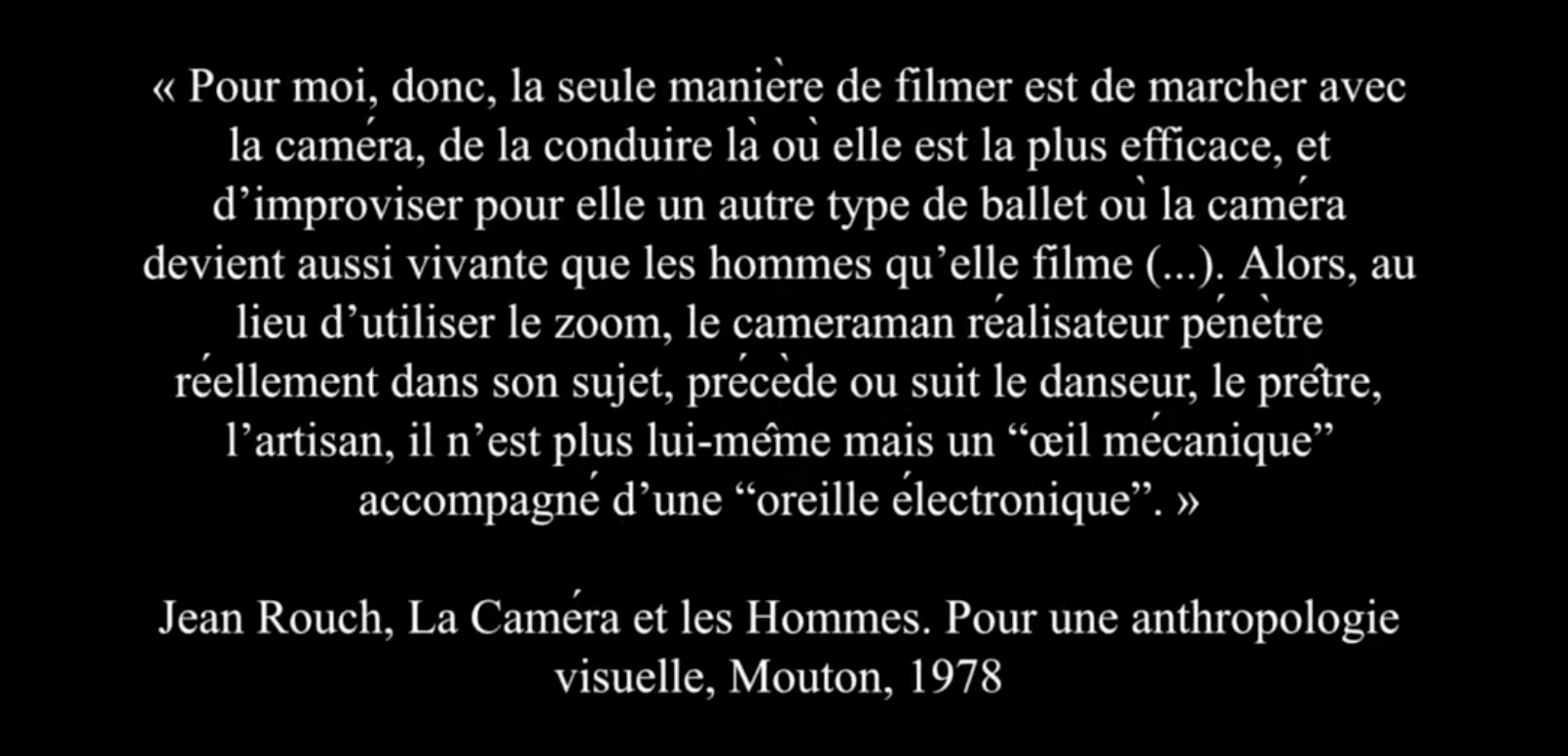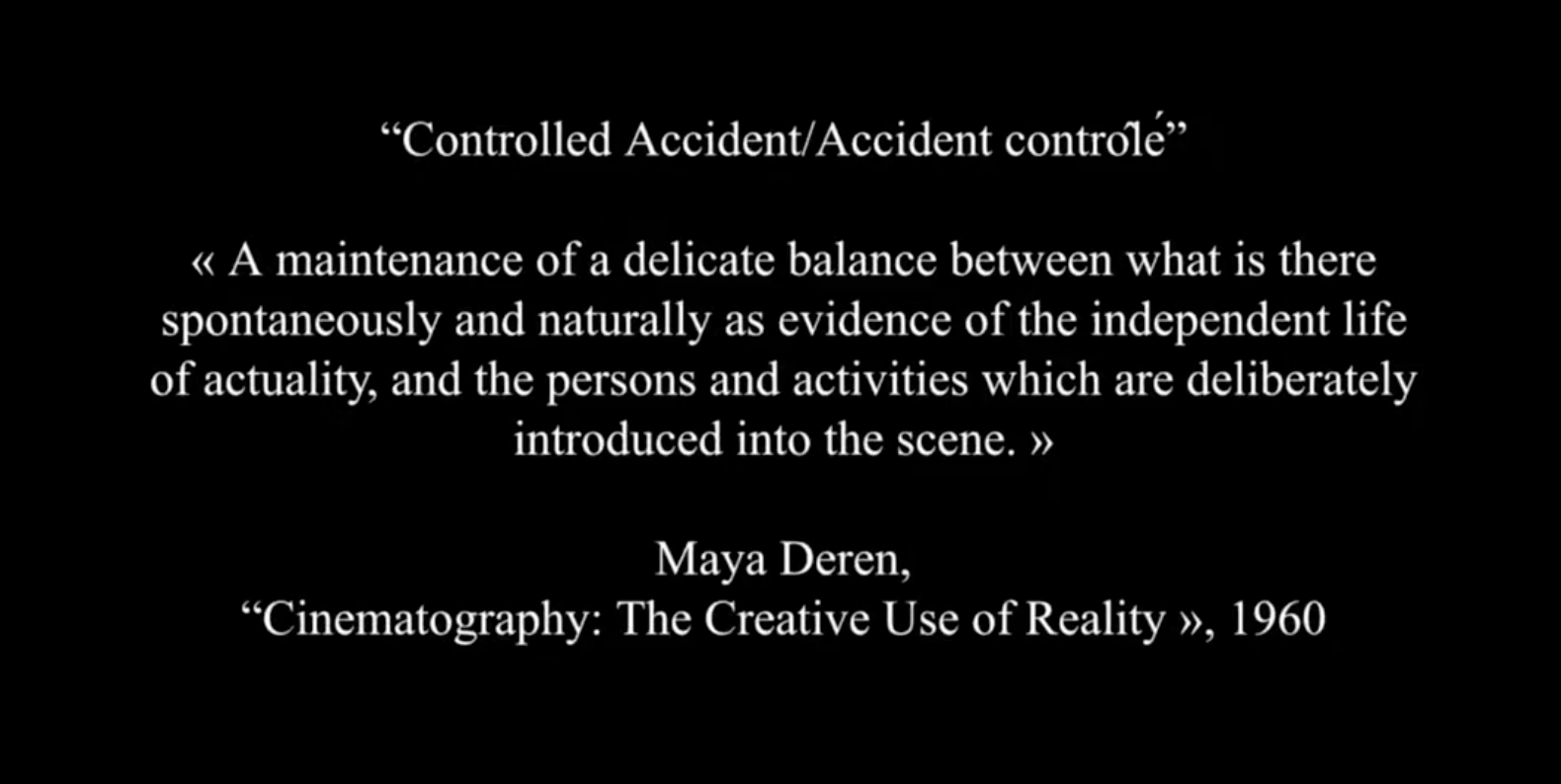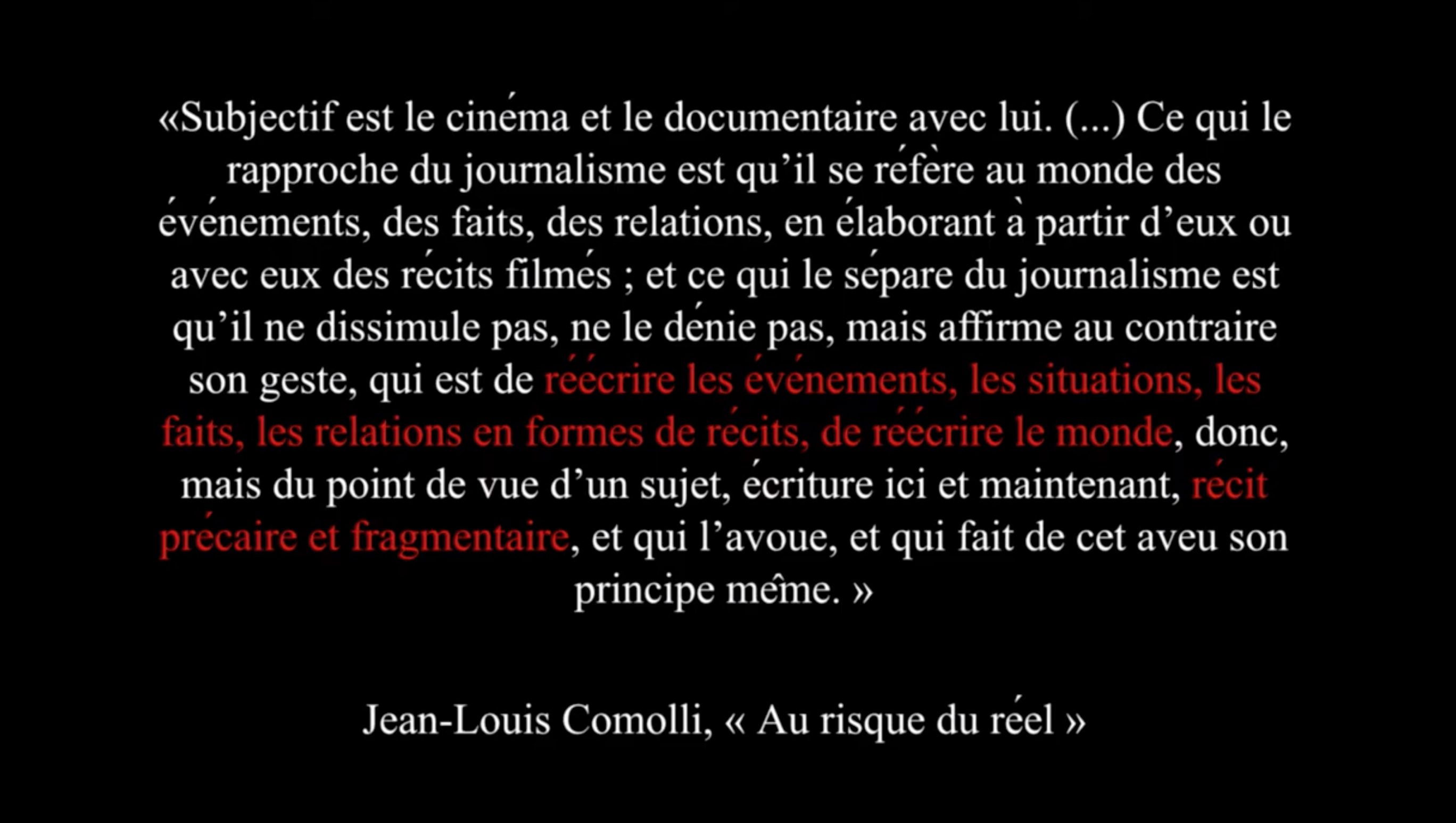Notes
Saturday 6th november 2021
Is text synthesis possible ? It depends. Non-fiction first. Non-fiction synthesis get you to the ideas, in a factual, neutral way, let say theoretical. (insert examples) Which makes sense in a situation where theory is a tool to solve a mechanical problem, to outsmart a wicked situation. Norbert Wiener : It actually appears that most books comprised, let say, 80% of known ideas and 20% of new born stuff. 80% of the information provided for sake of clarity and consistency : framing the subject, displaying a sort of historiology of the subject matter, bringing the reader to the needed level of knowledge and perspective to understand the new. McLuhan in "?" would pontificate on his 80% new information brewed books, supposed to frighten editors. The whole scholar system actually lay on this system of quotation and bibliography, somehow the backstory of synthetised knowledge displayed and used to justificate, legitimised and contextualised any bit of information. The rest is repetition or every sort of rhetorical trick to get someone to an idea deeply engrained (assuming books want to teach us, whose some are not (Société du Spcetacle.)) In the 80% are also included elements of style. Indeed, non-fiction synthesis doesn't give you a feeling of the ideas. For sure you didn't experienced the text/source/field/fluxus raw yourself. The perception is mediated and the information distorted, or flattened. Therefore, it lacks a deeper understanding of the author him or herself personality, motivation, mind orientation, approach. It lack this meta information that make a reading an encounter of a remote mind. Which in less lyrical terms means that everything transcribed by the medium is lost, assuming that ther is a difference in nature between a meditated piece of text and one from an author, as an independant someone provding ideas on his or her own voice and terms.
Qt frm doc abt doc



